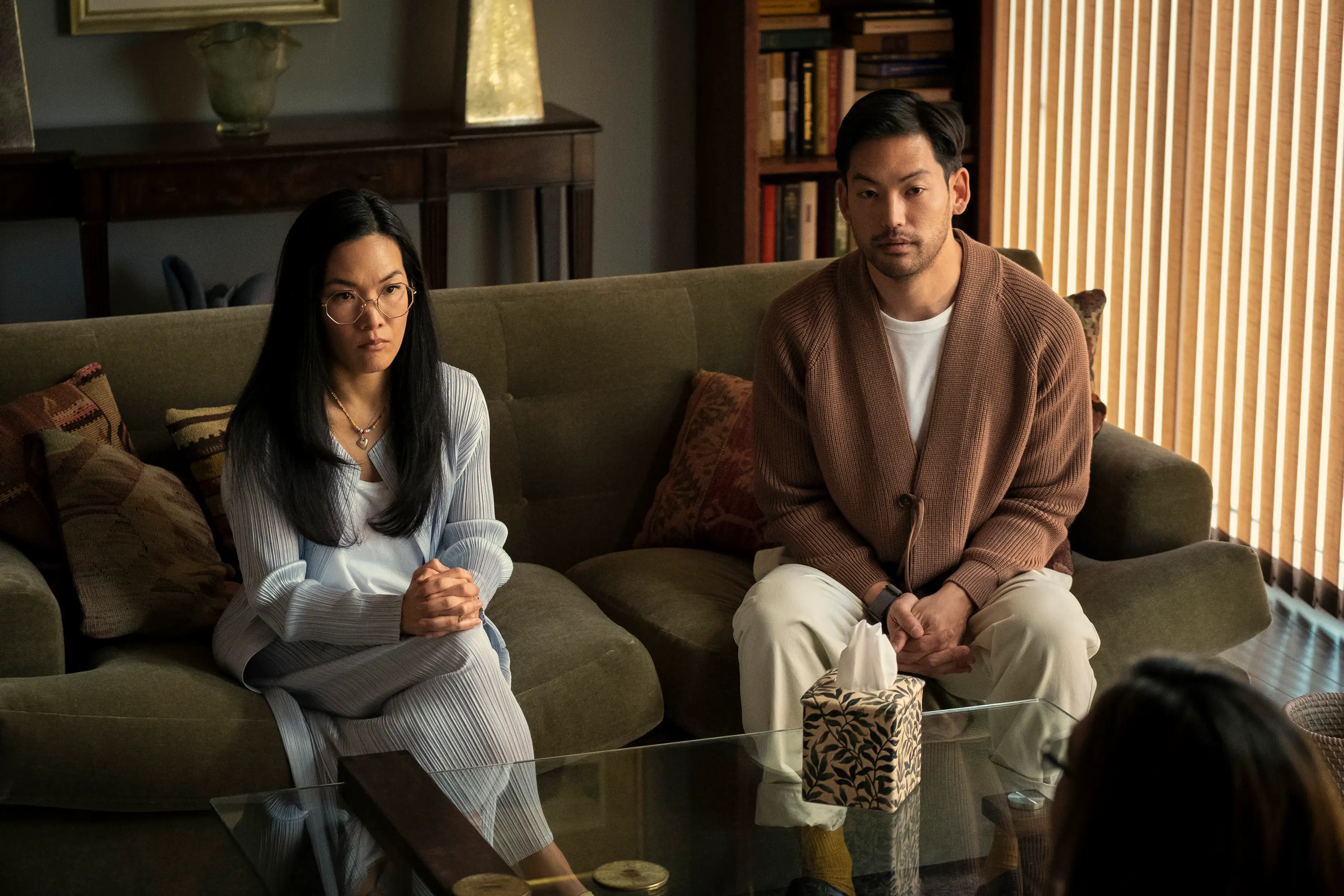'Beef' Episode 4: Netflix dark comedy thriller tackles overt Asian stereotypes through satire

LOS ANGELES, CALIFORNIA: 'Beef' comes in blazing with a great plot and even better storytelling. But it wouldn't have been possible without the convincing acting skills of Steven Yeun and Ali Wong. There are many topics that are openly discussed and brought up. From generational wealth to anger issues, everything is covered through humor and drama. Both individuals come from families that have known poverty at some point in their life but as Amy (Ali Wong) works hard and gets married into a wealthy family, Danny (Steven Yeun) still struggles to make ends meet.
While this series could have easily become a class-war story, Lee Sung-jin thought of something different. The show points out that sometimes the biggest jerk you meet might be going through an internal battle you know nothing about.
RELATED ARTICLES
'Beef' on Netflix: Early reviews praise dramedy show's 'layered storytelling' and performances
'Warrior Nun' and '1899' fans SPAM Netflix's 'Beef' teaser in 'revenge' for canceling favorite shows
Asian stereotypes
There are many instances where people, both intentionally and unintentionally, joke about Asians and create stereotypes out of them. While the majority of 'Beef' cast are Asian, the script has done a great job of highlighting the controversial topic with grace. If you talk to any person who was born and brought up in an Asian household, many of them might tell you a story about the idea of expressing emotions being an alien concept, that it all boils down to one of those unfaithful days when all hell breaks loose and the pent-up anger just flows. "You have this serene Zen Buddhist thing going on," says Jordan (Maria Bello) to Amy.

'Communication wasn’t his forte'
The idea of repressing emotions was also brought up by Amy in the episode when she is seen talking to her therapist about her problems and mentions her dad's behavior, "Chinese guy from the Midwest, I mean, communication wasn’t his forte," and her mother, a Vietnamese immigrant who "thought talking about your feelings was the same thing as complaining."

These statements rang a bell of famililiarity for all those who went through this and still have some pieces of it left. Sung-jin perfectly captures this idea and expresses it through a great script.










